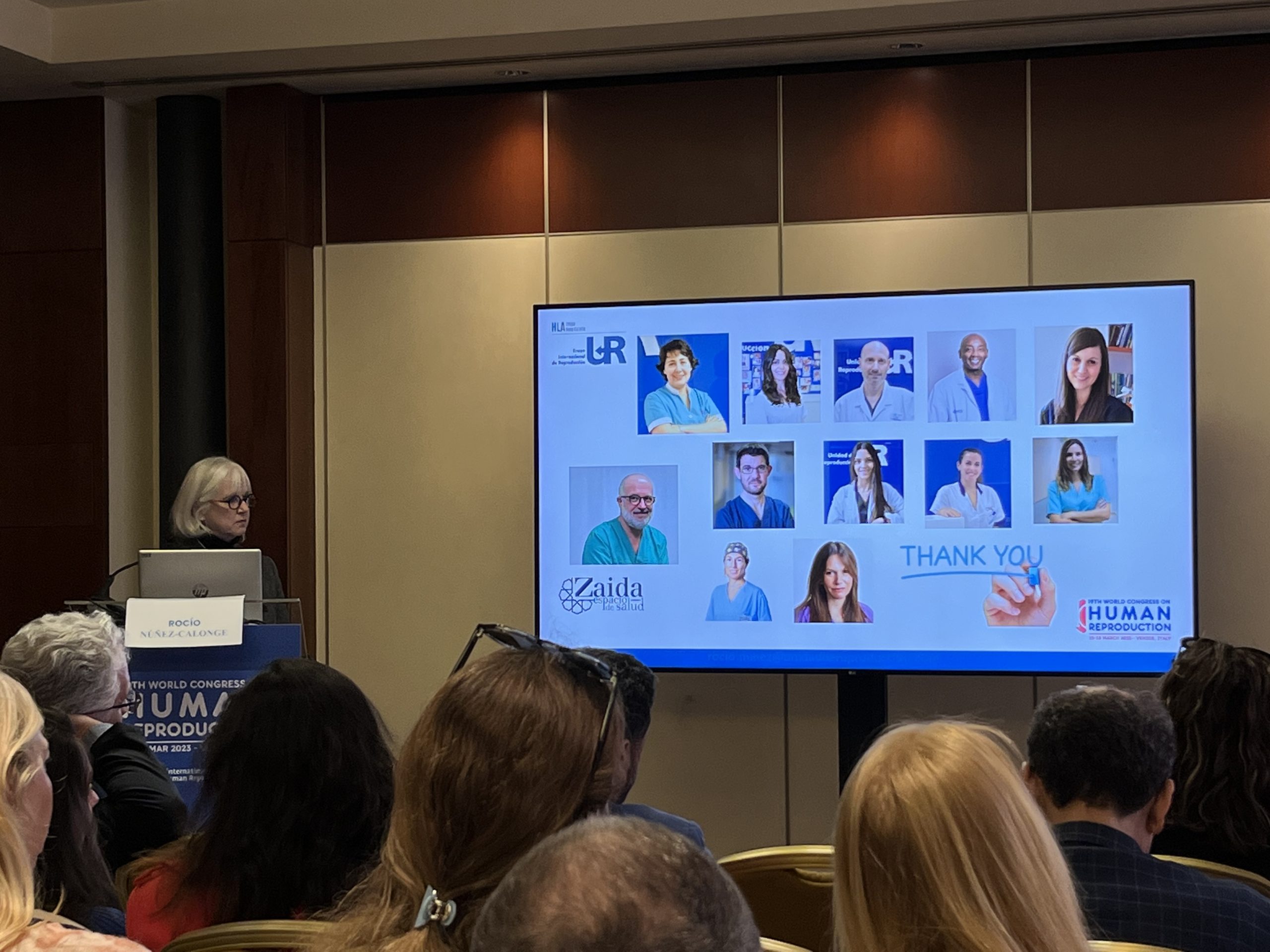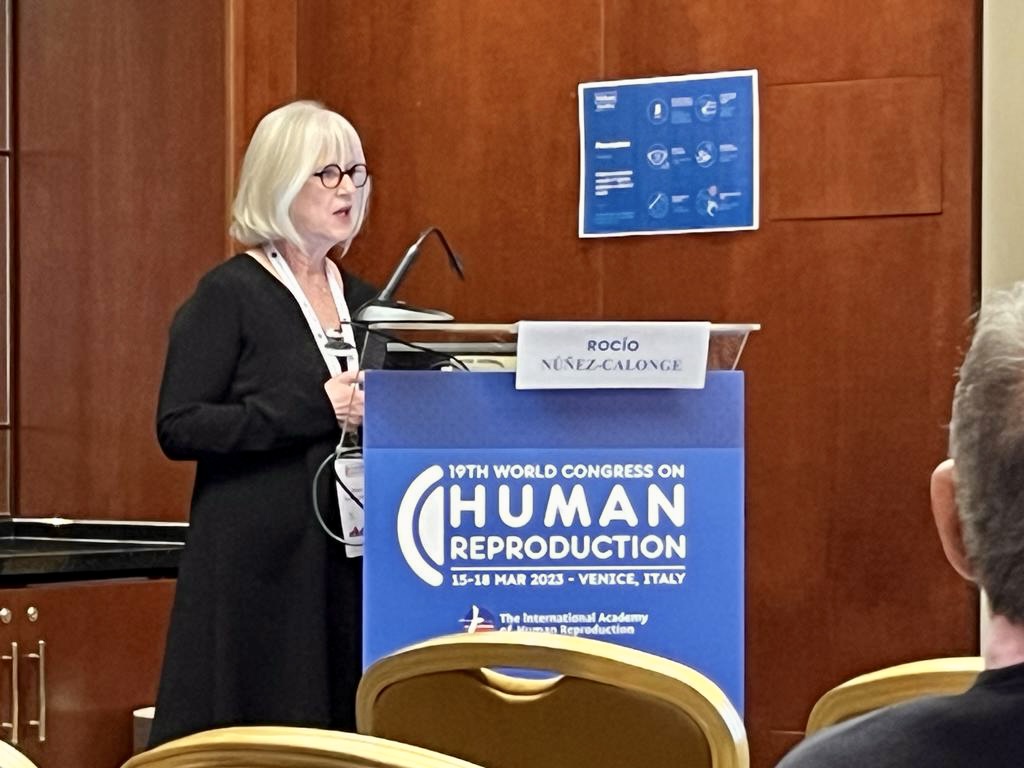Influence of the ethical profile of patients undergoing treatment with gamete donation on the disclosure to their children of their origin and the anonymity of donors.
by Rocío Núñez-Calonge, José Andrés Guijarro Ponce, Nuria Santamaria, Mireia Poveda, Pilar Nieto, Teresa Rubio, Ainoa Sola, Pablo Alberola, Juan Iñiguez, Dounia Zaari, Paloma González, Ada Mora, Ignacio Santiago Alvarez – Oral Presentation ART: problems and solutions.

One of the most debated issues regarding gamete donation is the disclosure of the origins to the children and the preservation of the anonymity of the donors. However, there are no studies showing patient preferences in this regard.
The objective of this work was to find-out if there is any relationship between the ethical profiles of patients who have undergone some treatment with gamete donation and their opinions regarding the disclosure of origins to their children.
This prospective and multicenter study includes eleven clinics in Spain and involves patients who had used donated gametes. A self-administered questionnaire was given to 66 patients who were asked to indicate their responses on a 7-point Likert scale. All 66 patients anonymously completed the questionary.
The participants were asked for their socio-demographic characteristics and their opinions concerning secrecy or disclosure of the method of conception towards the child.
Four ethical profiles were identified according to a previous factorial analysis, defined as religious fundamentalism (tolerant vs. intolerant), normative ethics (utilitarian vs. deontological), trust (trusting vs. distrustful) and metaethics (rationalist vs. subjectivist).
The independent influence of each of these factors on their opinions regarding disclosure of mode of conception or donor anonymity was analyzed using a multiple linear regression model with 0.05 as a significant p value.
Homosexual couples or single women (82.4%), have the idea of telling their children that they have been conceived with gamete donation (p:0,002) whereas 61,2% of heterosexual couples refuse to inform the child about the circumstances of their conception and 51% would not tell anyone (p:0.005). Patients do not want to know the identity of donors (p˂0,001) and they consider that knowledge about the origin of the gametes (p˂0,001) or the identity of the donor (p˂0,001) is not important to a child, and they define themselves as tolerant, utilitarian, distrustful and subjectivist. Both the reluctance to tell the child its origin and the loss of the donor’s anonymity are correlated with more deontological, rationalist, and religious profiles. Trust does not have a significant impact.
The patients who defend a more rationalist and deontological ethic, as well as the most religious, are the ones who reject the loss of anonymity to a greater extent and are more reluctant to reveal the origin of the gametes to their children.



